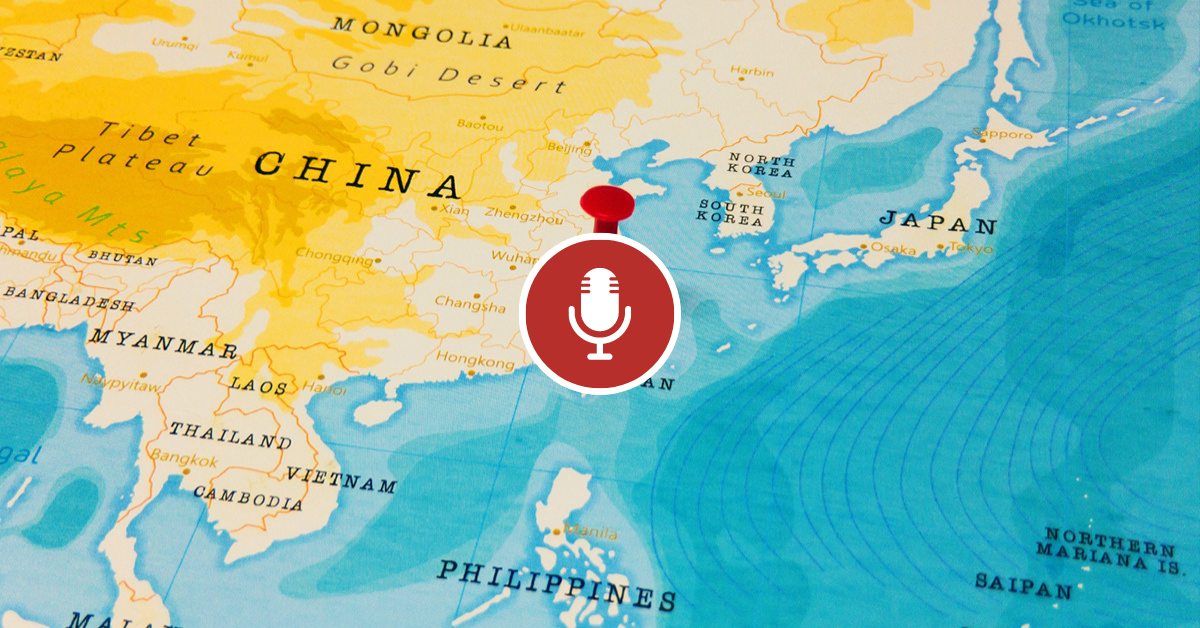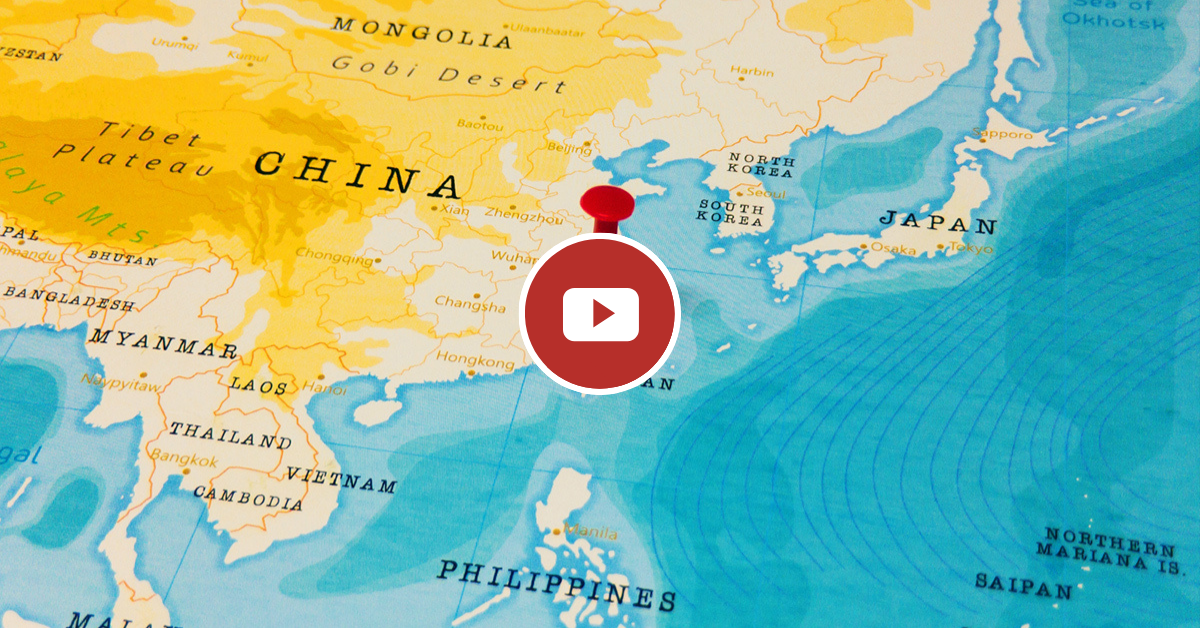Friday, April 30, 2021 | 11:00 AM EDT - 12:00 PM EDT
Zoom webinar | Robert Blackwill, Philip Zelikow, Shelley Rigger
In a new report, The United States, China, and Taiwan: A Strategy to Prevent War, Ambassador Robert Blackwill and Professor Philip Zelikow present an objective for U.S. policy toward Taiwan: to sustain the political balance that has preserved peace in cross-Strait relations for the last fifty years. The authors warn that Taiwan is becoming the most dangerous flashpoint in the world for major powers, and argue that the United States should aim to preserve Taiwan’s political and economic autonomy and its dynamism as a free society rather than altering the U.S. policy approach at the risk of further escalating tensions with China.
On April 30, 2021, the National Committee held a virtual program with Robert Blackwill (Council on Foreign Relations) and Philip Zelikow (University of Virginia), moderated by leading Taiwan authority Shelley Rigger (Davidson College), to discuss U.S. policy options for a productive relationship with Taiwan.
Below are the key takeaways from the presentation.
- The United States must carefully consider its strategy in the event of Chinese military coercion of Taiwan because a conflict would relate directly to one national security interest: America’s alliance commitments.
- There are three possible Chinese approaches to “reunification” with Taiwan:
- China invades Taiwan’s periphery, but not Taiwan itself;
- China “quarantines” Taiwan. This would not involve a conventional blockade, but rather China would declare a naval and air screen over Taiwan – and “suspicious” shipments would be ordered to China for inspection;
- China invades Taiwan. An amphibious invasion or airborne attack are both possible.
- The United States has four options:
- Do not plan for the direct defense of Taiwan.
- Do not explicitly commit in advance to direct defense of Taiwan, but plan for such action; this approach is characterized by ambiguity.
- Pursue a strategy of “strategic clarity” to commit, plan, and prepare to share with Taiwan responsibility for its defense. This would involve U.S. military attacks on the Chinese mainland.
- Prepare and rehearse a parallel allied plan to match Chinese invasion preparations or a quarantine, thus challenging Chinese denial of access and ensuring the continued shipment of defense supplies to Taiwan.
Speakers

Robert D. Blackwill
Robert D. Blackwill is the Henry A. Kissinger senior fellow for U.S. foreign policy at the Council on Foreign Relations. He focuses on U.S. foreign policy and on China, Russia, the Middle East, South Asia, and geo-economics. As deputy assistant to the president and deputy national security advisor for strategic planning under President George W. Bush, Ambassador Blackwill was responsible for government-wide foreign policy planning. He went to the National Security Council (NSC) after serving as the U.S. ambassador to India from 2001 to 2003. Ambassador Blackwill was previously the Belfer lecturer in international security at the Harvard Kennedy School where he served as associate dean and taught foreign and defense policy and public policy analysis. A prolific author, Ambassador Blackwill has written extensively on the United States, China, and Taiwan including, most recently, with Philip Zelikow, The United States, China, and Taiwan: A Strategy to Prevent War (2021).

Philip Zelikow
Philip Zelikow is the White Burkett Miller Professor of History at the University of Virginia. Since 1991 he has taught and directed research programs at Harvard and Virginia. He began his career as a trial and appellate lawyer. Dr. Zelikow has served at all levels of government, initially as a member of a town school board. After receiving his doctorate from Tufts and teaching for the Navy, he joined the foreign service, serving overseas and in Washington, including on the NSC staff for President George H.W. Bush. He directed the 2001 commission on election reform which led to passage of the Help America Vote Act of 2002. Dr. Zelikow returned to full-time government service twice: first in 2003-04 to direct the 9/11 Commission, and then in 2005-07 as a deputy to Secretary of State Condoleezza Rice. He currently leads the Covid Commission Planning Group.
Moderator

Shelley Rigger
Shelley Rigger is the Brown Professor of East Asian Politics at Davidson College. She has been a visiting researcher at National Chengchi University in Taiwan and a visiting professor at Fudan University, Shanghai Jiaotong University, and National Taiwan University. In 2019-20 she was a Fulbright senior scholar based in Taipei, working on a study of Taiwan’s contributions to the PRC’s economic take-off and an investigation of Taiwanese youth. Dr. Rigger is the author of two scholarly books on Taiwan’s domestic politics, as well as a book for the general reader, Why Taiwan Matters: Small Island, Global Powerhouse. Her forthcoming book, The Tiger Leading the Dragon: How Taiwan Propelled China’s Economic Rise, will come out later this year. Professor Rigger received her Ph.D. from Harvard University and her BA from Princeton University.

